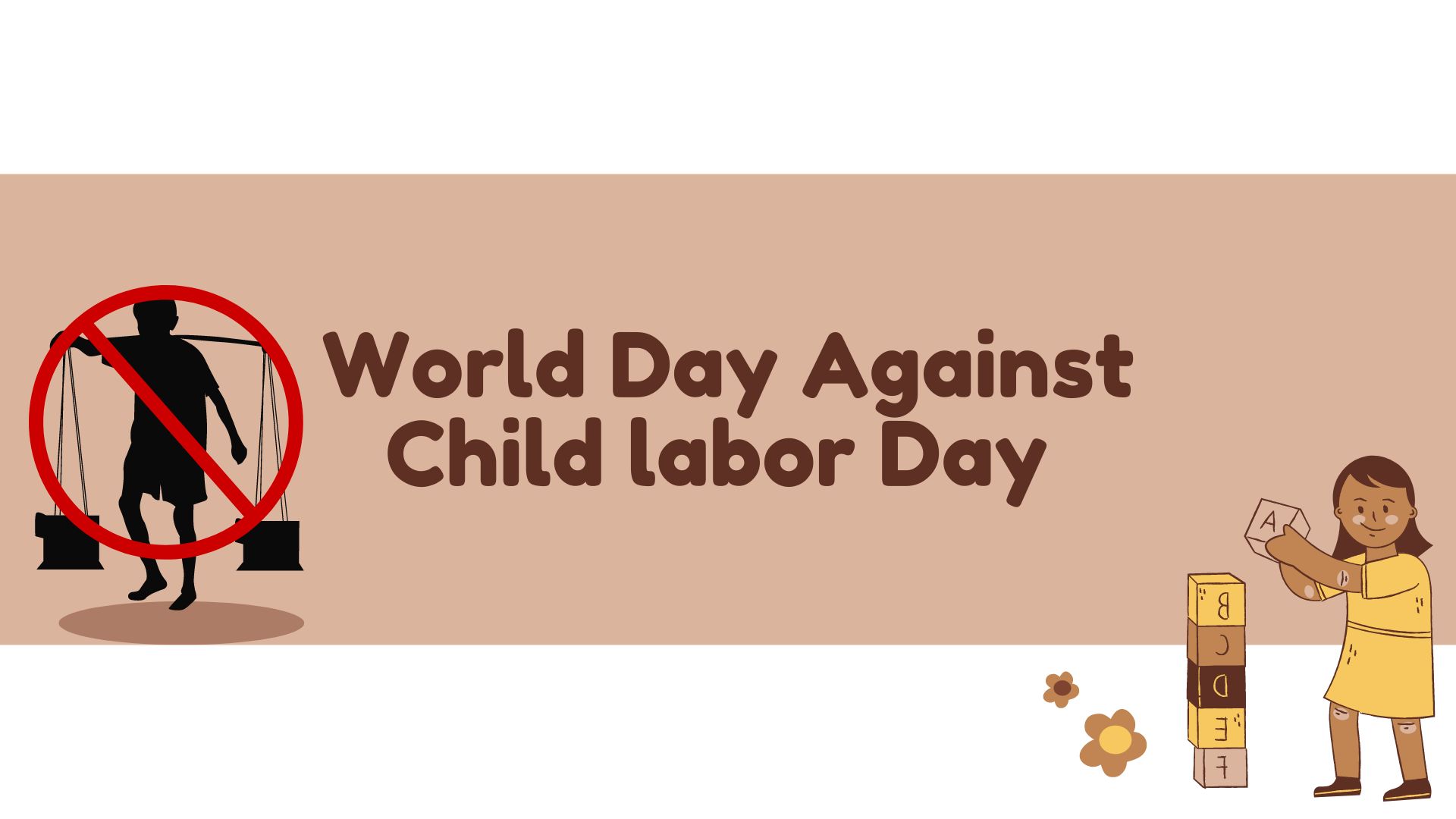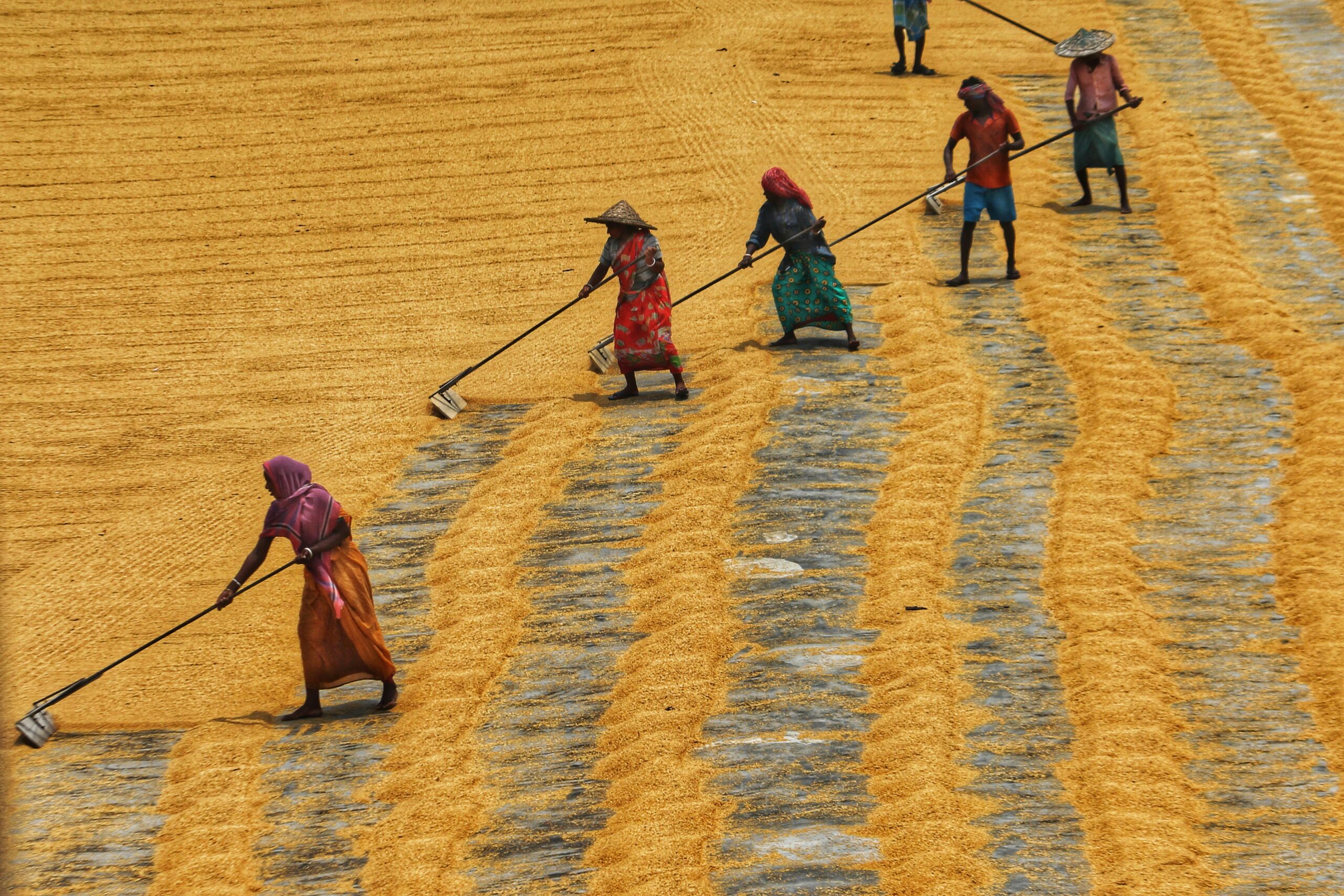The big push towards clean mobility, particularly e-mobility, is finally here.
Over the past five years, several state governments as well the Central Government have been actively promoting higher adoption of electric vehicles as well as cleaner fuels such as CNG. While CNG-run buses and taxis have been in service for quite a few years, the transition towards electric vehicles is now picking up.
The year 2018 saw a surge in public policy geared towards promotion of electric vehicles (manufacturing, procurement, etc.), with as many as 6 states declaring policies on e-mobility or e-vehicles. E-vehicle start-ups, e-bike sharing apps, etc. are coming up—all leading to development of an electric mobility ecosystem which will continue to expand and flourish.
While the current scenario is encouraging, there is still a long way to go before mobility is completely aligned with SDG 13: prevention of catastrophic climate change. Mobility must not only be clean (non-polluting) but also carbon neutral. Further, the transition from conventional vehicles and fuels to cleaner alternatives must be hastened. As battery technology improves and the performance and durability of e-vehicles increase, some additional interventions are necessary for a complete transition. Following are some aspects that are key to this transition.
Charging infrastructure
Abundance of charging infrastructure is a pre-requisite for the public who are purchasing electric vehicles. In China, and some states in the US such as California, electric vehicles have seen a rise in popularity owing to easily available and accessible charging infrastructure. The Indian government is also working towards creating charging infrastructure in many cities. Some innovators have also come up with adapters that can enable easy installation and charging at the household level. 1
Public Procurement
Sustainable or Green Public Procurement has been proven to be a major driver for industrial transition, across the world. High volumes of goods and services ordered by various government bodies can help create entire supply chains. Similarly, agencies under the Government of India can drive the adoption of e-mobility by modernizing its fleet with e-vehicles. The state government of Delhi has recently urged its departments to purchase solely electric vehicles. It has also floated a tender to install 100 charging stations in the state. Procurement such as these will help the nascent e-vehicle industry in India achieve a profitable scale. 2
Incentives for industry and consumers
Incentives are important for transforming industries. Registrations and new purchases of electric vehicles have gone up in New Delhi ever since the Delhi Electric Vehicles Policy (2020) was announced. The policy provides incentives up to Rs. 3 Lakhs, including purchase subsidy, road tax exemption, etc. to make e-vehicles more affordable. 3 The “Switch Delhi” Campaign was also launched to raise awareness among citizens about the benefits of e-mobility. Similarly, Tamil Nadu’s Electric Vehicle Policy (2019) provides a plethora of both demand and supply side incentives to increase production and ownership of e-vehicles. These incentives enable consumers to buy e-vehicles at costs similar to that of IC-engine based vehicles.
Renewable energy grids
Using e-vehicles alone wouldn’t be climate friendly, unless the electricity used to charge them is “green”. Power grids must have a large share of renewable energy sources in order to make e-mobility carbon neutral. Coal-based electricity dominates the power sector in India; scope 2 emissions from e-vehicles resulting from coal-based electricity consumption negate the eco-friendly tag of e-vehicles. As the share of solar and wind energy increases in India, using e-vehicles will become truly sustainable.
2https://www.newindianexpress.com/cities/delhi/2021/feb/05/delhi-government-floats-tender-to-set-up-100-electric-vehiclecharging-stations-2260031.html
3 https://ev.delhi.gov.in/













































































































